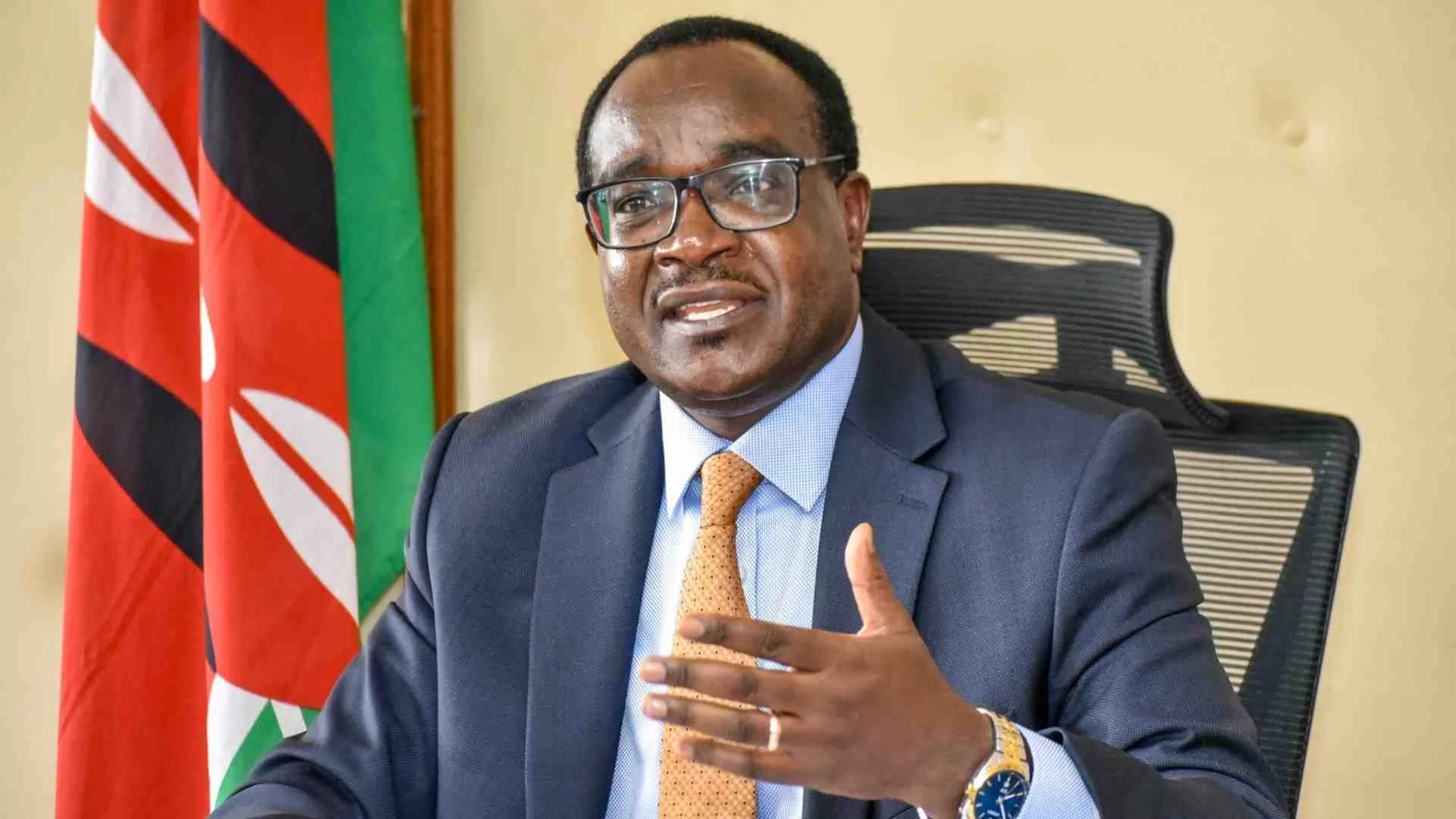Primary Schools Protest Unfair Closure of Boarding Sections as Special Needs Institutions Face Crisis.
The government’s directive to close 348 boarding sections in primary schools due to safety concerns has created widespread confusion.
The Ministry of Education’s move, intended to ensure the safety of learners, has drawn sharp criticism from parents, school administrators, and education experts who question its fairness.
Last week, the Ministry released a list of schools that allegedly failed to meet critical safety standards.
The violations include inadequate emergency exits, unsafe dormitory conditions, and lack of up-to-date boarding registration. However, some institutions dispute these claims, insisting they were unfairly included.
Schools Deny Non-Compliance
In Nairobi, Kasarani Group of Schools’ director, Irene Kamaru, refuted the allegations, asserting that her school operates exclusively as a day school and has never offered boarding facilities.
She stated that the inclusion in the list had caused unnecessary panic among parents and staff, and she urged the Ministry to rectify the mistake and apologise for the reputational damage.
Similarly, Cathsam School in Umoja, Nairobi, which only provides pre-school education, reported being wrongly listed. Its director claimed they had never been inspected by Ministry officials.
Join Teachers Updates on Facebook
In Kisii County, Jackson Ombati of Tracer Preparation echoed similar sentiments, accusing the Ministry of creating needless alarm. He stated that no government officials had visited the school for assessments, contrary to the Ministry’s claims.
While disputes persist, some schools have taken action to meet safety standards. Kalya Academy in Kericho County reported that they had addressed the Ministry’s concerns and were waiting for formal approval to resume boarding operations. The school’s director, Bill Kirui, expressed confidence in their compliance efforts.
Special Needs Schools Face Uncertainty
The directive has posed significant challenges for special needs schools. Kangundo DEB School, which serves visually impaired learners, was included in the list, raising concerns about the fate of students who depend on boarding facilities.
A school administrator, speaking anonymously, highlighted that daily commutes were unfeasible for these learners.
Education activist Fred Lau criticised the government for neglecting the infrastructure of special needs institutions, questioning why funding had not been provided to upgrade these facilities.
Gabriel Malala, a lecturer at the Kenya Institute of Special Education (KISE), expressed similar concerns, noting that boarding facilities are critical for students with special needs.
Former Quality Assurance officer Majani Baridi criticised the Ministry’s assessment process, calling it rushed and poorly executed. He argued that the officers conducting the inspections lacked diligence, leading to inaccuracies in the closure list.
Legislators have also weighed in. Mugirango South MP Silvanus Osoro called for the suspension of the directive, stating that it unfairly penalised schools that had worked to comply with safety standards.
Wajir West MP Farah Mohammed warned that the closure of schools in arid areas would severely affect children whose parents cannot afford alternatives.
Despite the backlash, the Ministry defended its directive. Ellias Abdi Jillaow, a Ministry official, justified the closures as necessary for safeguarding students. He argued that when safety is compromised, protecting lives must take precedence over providing education.
Primary Schools Protest Unfair Closure of Boarding Sections as Special Needs Institutions Face Crisis.
Follow Teachers Updates on Facebook, LinkedIn, X (Twitter), WhatsApp, Telegram, and Instagram. Get in touch with our editors at [email protected].


Discussion about this post